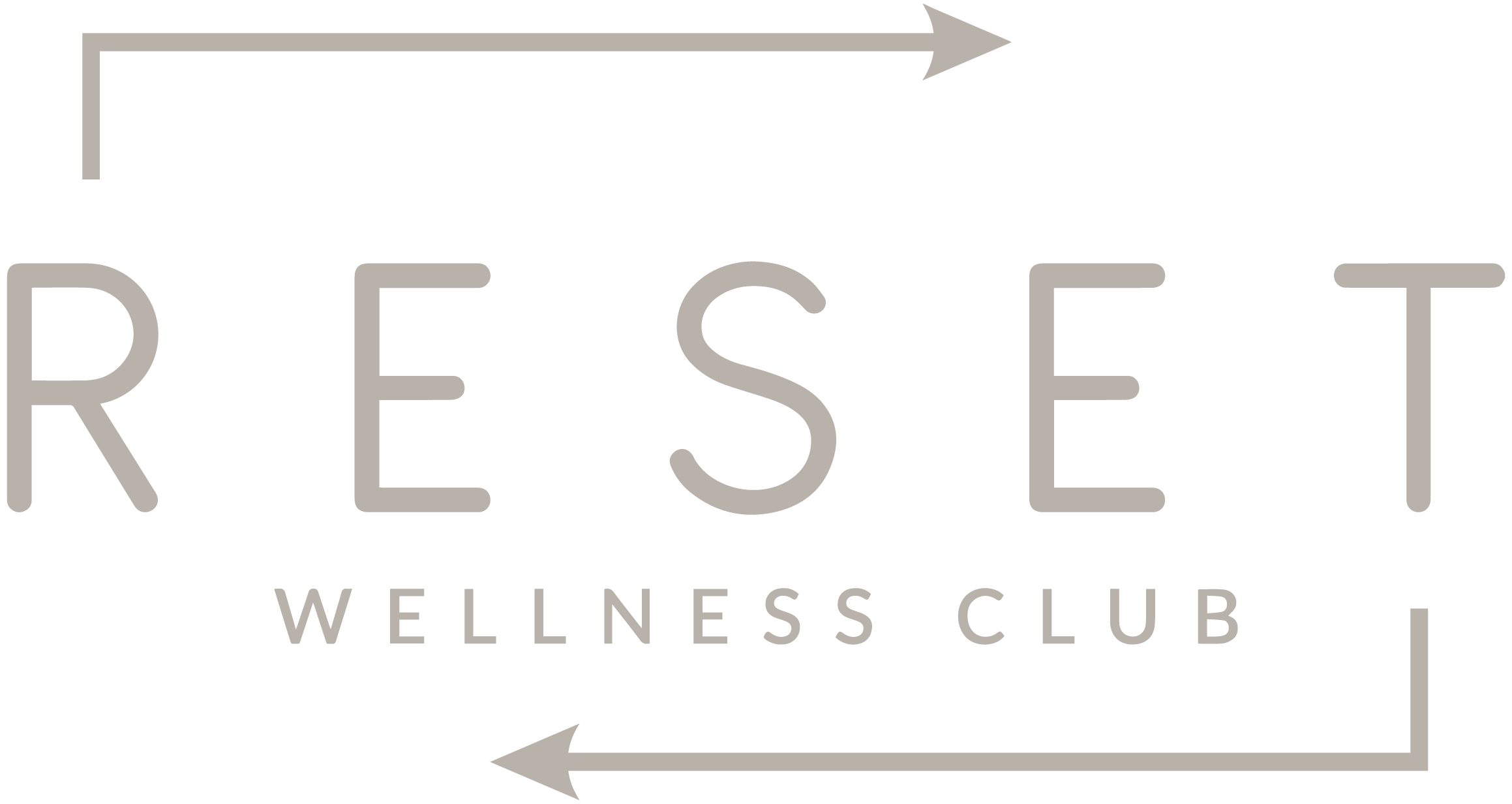The Importance of Managing Stress
Happiness and low stress levels contribute to longevity, better health outcomes, and positive lifestyle factors, so taking small steps in reducing stress today is taking strides to invest in your future. Not just about short term relief but creating sustainable habits for the future to improve your quality of life.
Things you can do today to reduce your stress levels.
These suggestions are quick and easy to implement as part of your daily wellness routine, or to give you a quick pick me up on a tough day.
- MOVE YOUR BODY
Exercise is a well known way to help alleviate stress. Moving your body helps to lower stress hormones such as cortisol. Additionally, it increases your endorphins, which are neurotransmitters found in the brain.
Endorphins help to improve your mood, confidence, and promote relaxation. Other negative effects of stress on the body such as heart health, digestive processes and immunity can all be mitigated through exercise. Moving your body can help your mind relax and concentrate on things other than the day’s stressors. Don’t forget, exercise doesn’t have to be one thing, move your body in whatever way you enjoy. Take a new exercise class, go on a hike, rollerblade on a new trail or play a game of tennis with a friend.
- COLD PLUNGE/ ICE BATH
Cold plunging, or ice baths, is an invigorating practice gaining popularity for its remarkable impact on mood enhancement, offers a natural and exhilarating route to stimulate the release of endorphins and dopamine. Plunging into cold water triggers the body’s stress response, prompting the release of these feel-good neurotransmitters, which are known to alleviate feelings of stress and anxiety while promoting an overall sense of well-being. The cold water immersion not only serves as a physical wake-up call but also acts as a powerful mental reset, leaving you with increased alertness and mental clarity.
Incorporating cold plunging into your routine can be a transformative experience, fostering a positive mindset and helping you navigate the demands of daily life with greater resilience.
- TREAT YOURSELF
There are new studies that indicate rewarding yourself can decrease stress in the body. When people are given things they deem as rewarding, a physiological decrease in the stress response was seen. Just by activating the reward system in your brain, you can decrease the way your body perceives stressors for a period of time.
When was the last time you treated yourself to a massage? On top of relaxation, massage therapy promotes cellular healing, removal of stress hormones, and better immunity.
- PRACTICE MINDFULNESS
Mindfulness is a free, simple, and easily accessible way to reduce stress. The effects of mindfulness even go far beyond improving your mental state but can also improve physical wellbeing. Research shows that regularly practicing mindfulness can lead to a decrease in anxiety, depression, pain, and fatigue, and potentially even boost immunity and aid in cold/flu recovery.
- GO OUTSIDE
Spending time in nature is a great option for stress reduction, especially in the summer months! Spending time outdoors helps to reduce the stress hormone cortisol, lower blood pressure, and muscle tension. Simultaneously, your body will boost your endorphin and dopamine production which are responsible for feelings of happiness and wellbeing. Spending time outside is also a great opportunity to combine some of these stress relieving activities. For example, you can sit and meditate in the grass, walk your dog in a park, or do a workout in your backyard.
- TRY FLOAT THERAPY (OR R.E.S.T. THERAPY)
Float therapy, also known as Restricted Environmental Stimulation Therapy (R.E.S.T.), emerges as a serene haven for enhancing both mental and physical well-being. Float therapy is medically proven to reduce the production of cortisol in the body. By immersing oneself in a buoyant solution of Epsom salt, float therapy provides a weightless experience that promotes profound relaxation and stress reduction. This sensory deprivation environment allows the mind to enter a state of deep relaxation, facilitating a release of tension and encouraging mental clarity. It boosts your magnesium levels, improves your sleep, and calms the nervous system.
Beyond its mood-boosting effects, float therapy contributes to physical recovery by relieving muscle soreness and promoting efficient healing. The buoyancy of the saltwater solution reduces the strain on joints and muscles, offering a gentle respite for the body. Moreover, the magnesium-rich Epsom salt aids in replenishing magnesium levels, supporting various bodily functions. Embracing float therapy not only rejuvenates the body but also nurtures a positive mental state, significantly reducing Anxiety and depression, making it a holistic approach for those seeking comprehensive well-being and an escape from the demands of daily life.
